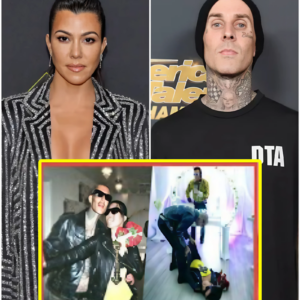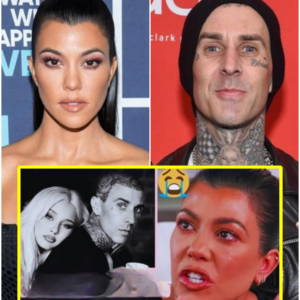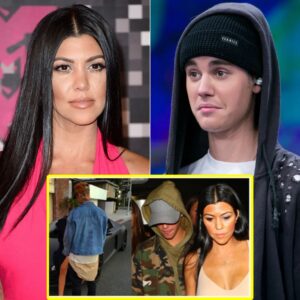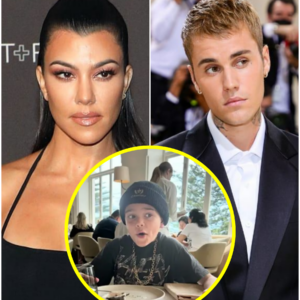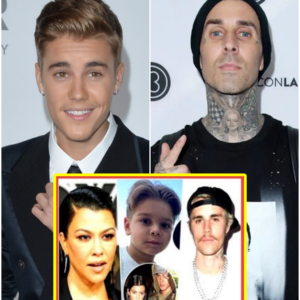Drake’s Ongoing Controversies: A Pattern of Misogyny and Disrespect
In the world of hip-hop, controversies involving artists are nothing new. However, Drake’s recent actions have sparked renewed outrage and discussion about his treatment of women. The latest incident revolves around the use of a photo of Halle Berry for his single cover, “Slime You Out,” which has reignited a conversation about his troubling behavior towards women.

Drake, known for his introspective lyrics and chart-topping hits, has often been accused of crossing boundaries when it comes to his interactions with women. The most recent controversy emerged when Halle Berry expressed her displeasure with Drake for using a photo of her, taken at the 2012 Nickelodeon Kids’ Choice Awards, without her permission. Berry was visibly upset, taking to social media to voice her frustration. She stated that Drake had reached out to ask for permission to use the photo but ignored her refusal, leading her to feel disrespected.
This incident is not an isolated one but rather part of a larger, troubling pattern. Over the years, Drake has faced criticism for his behavior towards women, particularly those he has publicly admired. A recurring theme in his public persona is his transition from infatuation to disparagement when faced with rejection. This pattern is evident in his past interactions with women like Rihanna, Serena Williams, and Megan Thee Stallion.
Drake’s public comments about Berry, including a controversial line from his 2013 remix of Migos’ “Versace,” where he expressed a desire to “give Halle Berry a baby,” exemplify the problem. Such comments, which might be intended as flattery or humor, often come across as invasive and disrespectful. They reflect a deeper issue of control and objectification that many find troubling.
This behavior is part of a broader critique of Drake’s lyrical content. His 2022 album “Her Loss” drew backlash for its misogynistic overtones, particularly in the track “Circo Loco,” where he made a disparaging remark about Megan Thee Stallion, who had been publicly shot by Tory Lanez. Drake’s choice to include such lines in his music, seemingly for shock value or clout, highlights a troubling trend of using women’s personal traumas for personal gain.
Critics argue that Drake’s actions and lyrics reflect a pattern of misogyny, particularly towards Black women. His tendency to publicly obsess over women, only to degrade them when they do not reciprocate his interest, points to a deeper issue of respect and empathy. The use of the slime photo, which some speculate could symbolize a form of humiliation, exacerbates the situation, making it more than just a case of poor judgment.
Fans and critics alike have called out Drake for his actions, and the backlash he faced after the Halle Berry incident underscores the growing intolerance for such behavior. Despite his significant influence and success in the music industry, Drake’s persistent issues with misogyny and disrespect towards women continue to overshadow his achievements.
In conclusion, the controversies surrounding Drake are a reflection of larger societal issues regarding the treatment of women in the entertainment industry. While he remains a major figure in music, his behavior towards women, particularly those who have rejected his advances or whom he has publicly admired, reveals a troubling pattern. It’s essential for fans and the industry alike to hold celebrities accountable for their actions and to address these patterns of disrespect and objectification. As the conversation continues, it remains crucial to advocate for a culture of respect and equality, both in music and beyond.
News
(B) Travis Barker MISSED when Kourtney Kardashian returned home drunk after Kardashians party. (VIDEO)…
Courtney Kardashian made headlines just seven weeks after giving birth when she decided to attend the annual Kardashian Jenner Christmas party sans pants. Despite recently welcoming her fourth child, Rocky, with boyfriend Travis Barker, Courtney seemed anything but tired as…
(B) Kourtney Kardashian Shocking Revelation on Why Her Relationship with Travis Barker Ended. (VIDEO)…
In the public eye, Travis Barker and Courtney Kardashian’s relationship was once perceived as an unbreakable union, filled with passion and devotion. However, recent revelations paint a vastly different picture, revealing the underlying turmoil that ultimately led to its demise….
(B) Kourtney Kardashian SECRET XTAPE With Minor Justin Bieber REVIEWED by The Feds. (VIDEO)
The recent discovery of a video purportedly featuring Courtney Kardashian and Justin Bieber has ignited a firestorm within the entertainment industry, prompting intense speculation about its potential ramifications. This revelation, coupled with reports of a raid on Diddy’s home, has…
(B) EXTREMELY SHOCKING: Kris Jenner Lied About DNA Test To Khloe Kardashian As O.J. Simpson Could Be Her Father. (VIDEO)..
In a moment etched into the memories of internet users, Chris Jenner once orchestrated a dramatic DNA test to dispel rumors surrounding Khloe Kardashian’s paternity. Speculations swirled, stemming from Jenner’s revelations in her memoir “Chris Jenner and All Things Kardashian,”…
(B) Kourtney Kardashian finally shows proof her son Reign Disick is actually Justin Bieber’s son. (VIDEO)..
Courtney Kardashian recently embarked on an exciting escapade to Australia and New Zealand with her husband, Travis Barker, for his tour. However, it was their youngest son, Rain, who stole the spotlight during their adventures. With his mischievous antics and…
(B) NEWS HOT; Travis Barker Found Evidence of Kourtney Shared Baby With Justin Bieber (video)…
The rumor mill surrounding Justin Bieber and the Kardashian family has been churning for quite some time, igniting speculation about his connections with various members. While the details are murky and often sensationalized, let’s delve into the complexities of these…
End of content
No more pages to load
